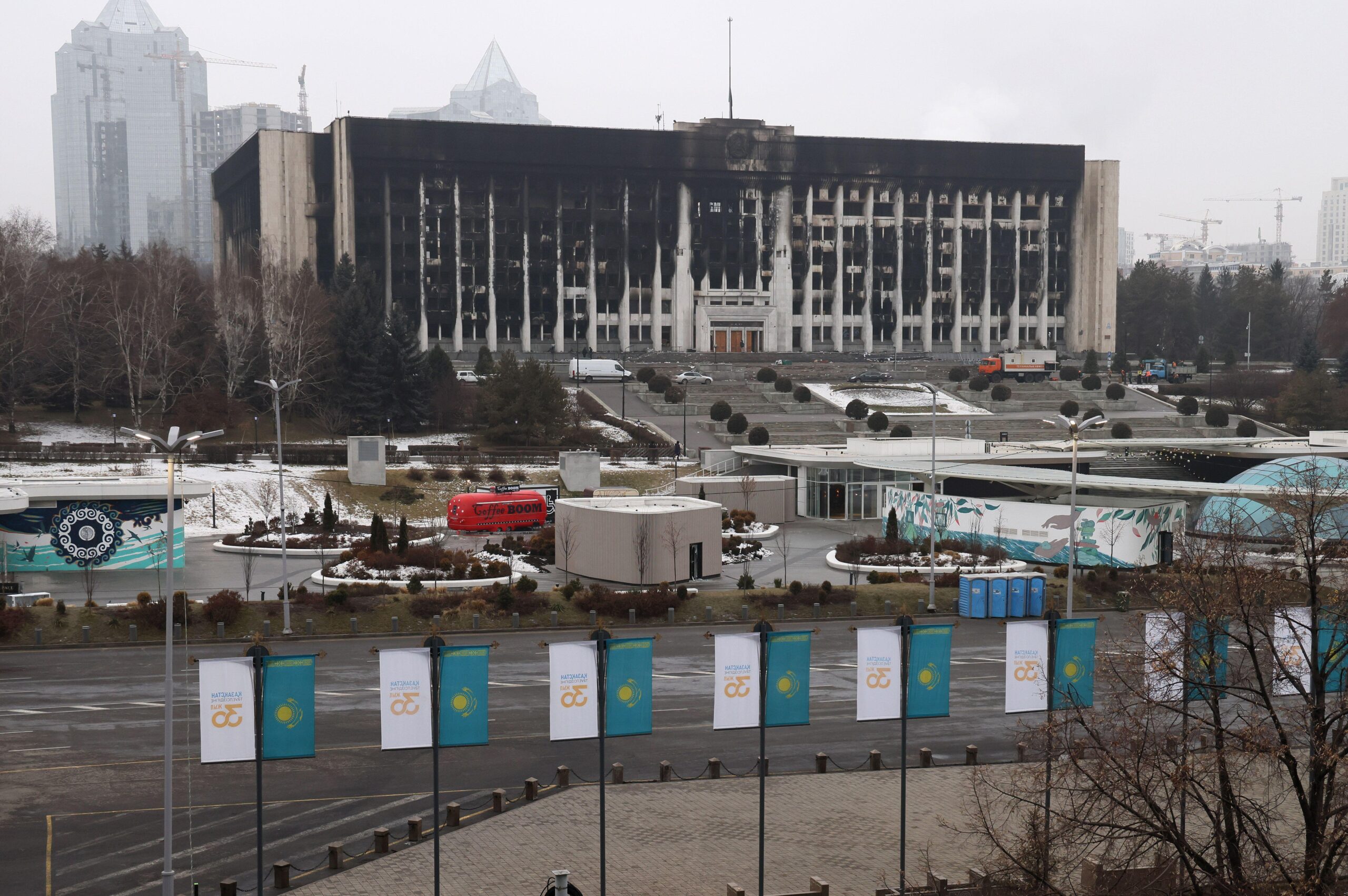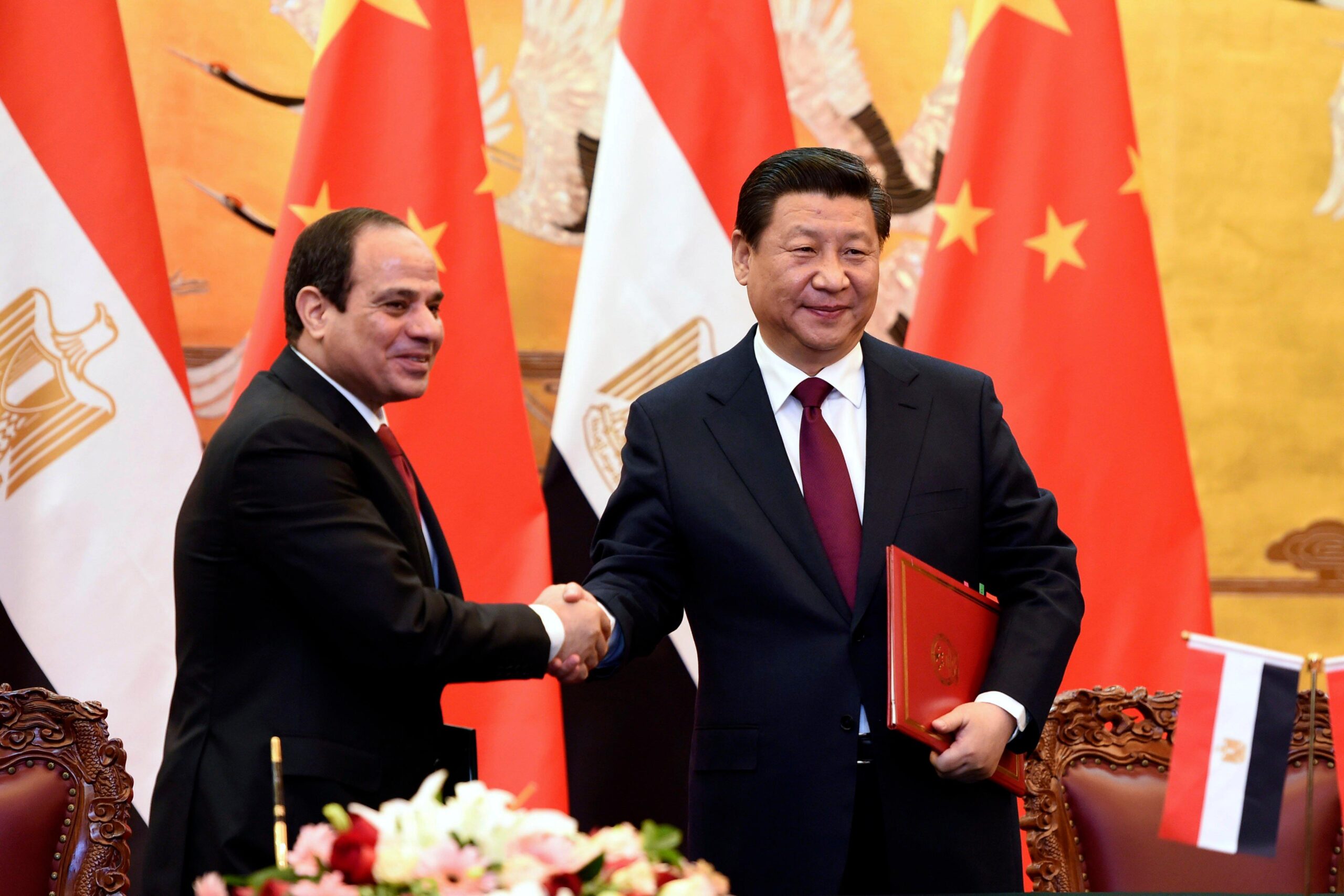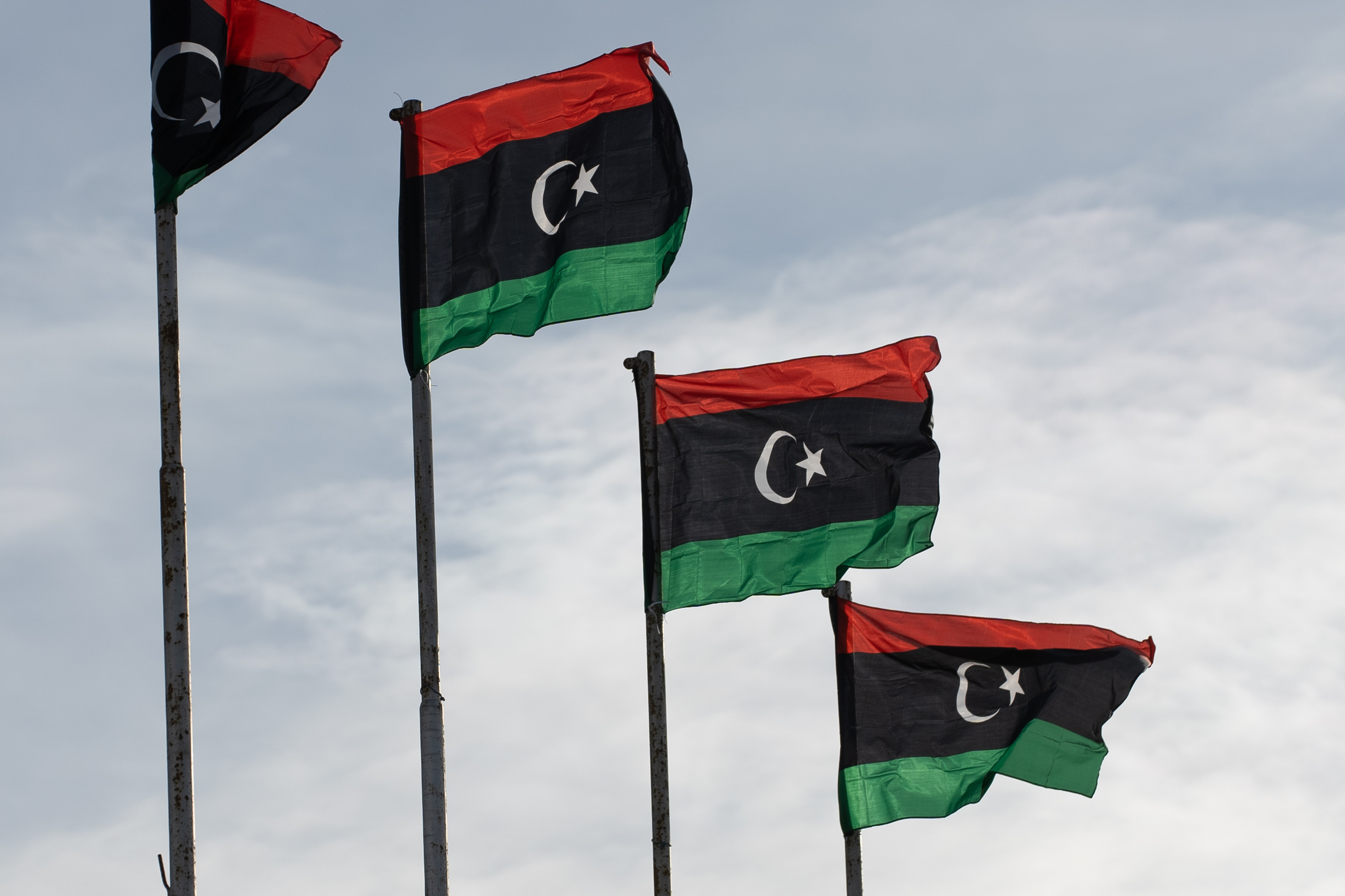Emilbek Dzhuraev, Kyrgyzstan
-
Kazakhstan unrest: implications for Australian interests
By
|
|
The abrupt and turbulent start of the year in Kazakhstan has engineered the conditions for a dual narrative to emerge. Firstly, the widespread violence and protests, coupled with Kazakhstan government’s…
-
Counter-Sectarianism in Lebanon at a Crossroads
By
|
|
On an early evening in late 2019, bells and sirens sounded throughout Beirut as thousands of Lebanese flooded the streets chanting, “down with the regime.” Simultaneously, buildings and blockades around…
-
Could Emirati hold on Socotra resolve conflict in Yemen?
By
|
|
The UAE’s strategic consolidation of the island of Socotra will not enhance the prospects for a peaceful resolution of the conflict in Yemen. Whilst it may further complicate the process,…
-
COVID-19 and Female Labour Force Participation in Jordan
By
|
|
COVID-19 has exacerbated the challenges of female labour participation in Jordan. Female social involvement has significantly decreased by virtue of caring for their children and other familial responsibilities – especially…
-
Covid-19 and Egypt’s Informal Economy
By
|
|
For many Egyptians and policymakers alike, Egypt’s informal sector represents both a blessing and a curse. Through ease of entry, it provides employment for those shut out of the formal…
-
Iran’s Continued Expansion in Southern Syria
By
|
|
The Syrian regime forces besieged Daraa al-Balad area at the beginning of last August 2021, when the forces of the Iranian-backed Fourth Division brought military reinforcements to the area, and…
-
Gulf Energy Set to Win in Climate Action
By
|
|
Climate pressure is tilting the global oil business in favour of the giant state-owned oil companies in the Persian Gulf. As oil demand plateaus and starts to decline, these firms…
-
Economics Driving China’s interest in Egypt
By
|
|
On 30 June, a Chinese State Construction and Engineering Company (CSCEC) work crew lifted into place a steel skyway connecting two office buildings in the Central Business District (CBD) of…
-
COVID-19 and Iraq’s Fractured Healthcare System
By
|
|
In July of this year, a fire tore through the COVID-19 isolation ward of Iraq’s al-Hussein Teaching Hospital in the city of Nasiriyah. At least 64 people were killed and…
-
Libya at a crossroads, again
By
|
|
The current strategic and political situation in Libya seems almost unrecognizable from the perspective of just a year ago. For the first time in nearly a decade, Libya appears to…













